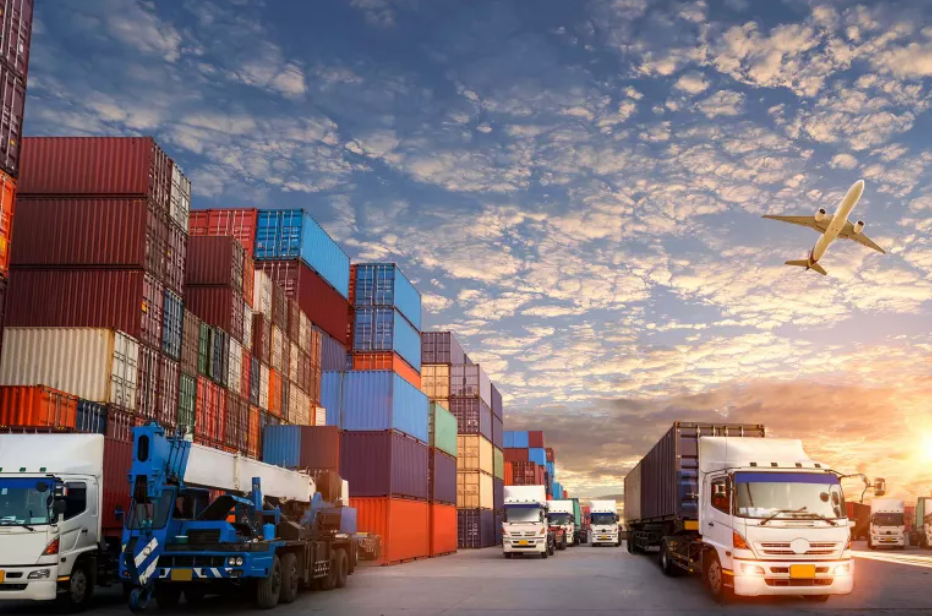[ad_1]
The global economic outlook remains uncertain as supply chain disruptions continue to wreak havoc on industries worldwide. From the semiconductor shortage impacting the automotive and electronics sectors to delays in shipping and logistics due to ongoing COVID-19 restrictions, businesses are struggling to meet customer demand and maintain profitability.
The impacts of supply chain disruptions have been far-reaching, affecting not only production and delivery timelines but also prices and availability of goods and services. Manufacturers are grappling with rising costs of raw materials and components, which are further compounded by labor shortages and transportation challenges. This has led to increased prices for consumers, as companies pass on the additional costs to maintain their margins.
As a result, global inflation has soared to its highest levels in over a decade, raising concerns about the sustainability of economic growth. Central banks are closely monitoring the situation, with some already taking preemptive measures to curb inflation through interest rate hikes and tightening of monetary policies. However, the balance between controlling inflation and supporting economic recovery remains delicate, as overly aggressive measures could stifle growth and exacerbate the supply chain disruptions.
Moreover, geopolitical tensions and trade disputes have added another layer of uncertainty to the global economic outlook. The ongoing trade war between the US and China, as well as the Brexit fallout in Europe, have disrupted international trade flows and supply chains, leading to further challenges for businesses operating in these regions.
In this turbulent environment, businesses are being forced to adapt and innovate to navigate the disruptions and ensure their survival. Supply chain resilience has become a key focus for companies, as they seek to diversify sourcing and production capabilities to mitigate risks. Technology has played a crucial role in enabling remote work and digital transformation, reducing the reliance on physical supply chains and providing flexibility in operations.
Looking ahead, the global economic outlook will likely remain uncertain as supply chain disruptions persist and new challenges emerge. Collaboration and cooperation among governments, businesses, and other stakeholders will be essential to address the root causes of the disruptions and build a more resilient and sustainable global economy. The road ahead may be bumpy, but with strategic planning and proactive measures, businesses can weather the storm and emerge stronger on the other side.
[ad_2]

